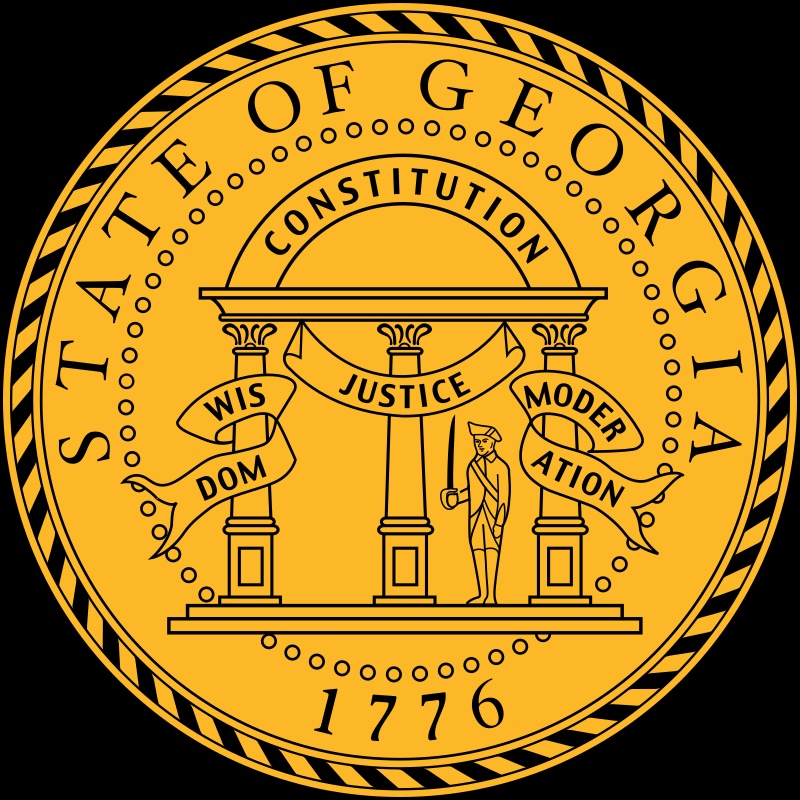New tax legislation
went into effect July 1
Published 7:12 am Friday, July 4, 2025
MOULTRIE — Gov. Brian Kemp signed into law a number of bills concerning tax legislation that took effect July 1. These will affect Georgia residents in the coming year.
In light of last year’s large increase in property tax, which affected residents statewide, a couple of bills passed that sought to address the issue.
SB 44, sponsored by Sen. Sam Watson lowers the required millage rate for board of educations from 14 mills to 10 mills. Therefore, school boards are still eligible for State Equalization Grants if they opt to decrease their millage rate.
House Rep. Chas Cannon, who presented the bill on the House floor during the last session, said recently that this piece of legislation has a potential for significant property tax reduction for school systems across the state.
Although, HB 28 and HB 29 don’t take affect until they are voted on by residents of Colquitt County, these pieces of legislation increase both the county and school board’s standard homestead exemption to $10,000. Cannon sponsored these two bills, which are specific to Colquitt County. The increase applies to all residents who have an existing exemption. The legislation will be on the May 2026 ballot.
“Once again, these are designed to reduce some of the financial burden on your everyday citizens,“ Cannon said earlier this year on the legislation. “How do you positively impact the most amount of people in this district?“
Other new tax legislation that took effect last Tuesday concerns state income tax. HB 111 decreases Georgia’s income tax rate from 5.39% to 5.19%. HB 136 gives a $250 tax credit for childcare expenses to tax-payers that have children age 5 and under.
Then, HB112 gives a one-time tax credit to residents who filed taxes in 2023 and 2024. The Georgia Surplus Tax Refund is $250 for individuals, $375 for head of household and $550 for filing jointly. Some tax-payers may have received the refund already. All of the refunds will go out by mid-August.
Eligibility requirements are:
— The tax-payer filed a tax return for tax year 2023 and 2024, by the May 1, 2025, deadline.
— The tax-payer had a tax liability for tax year 2023.
— The tax-payer is a Georgia resident, part-year resident or non-resident.






